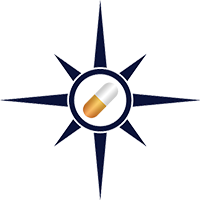



API Suppliers

US DMFs Filed
0

CEP/COS Certifications
0

JDMFs Filed
Other Certificates
0
Other Suppliers
0
0

USA (Orange Book)

Europe
0

Canada

Australia

South Africa
Uploaded Dossiers
0
U.S. Medicaid
Annual Reports
0
Impressions: 2188
https://www.pharmacompass.com/pipeline-prospector-blog/pipeline-prospector-march-2023-silicon-valley-bank-collapse-hits-biotech-indices-pfizer-buys-out-seagen
Impressions: 1492
https://www.pharmacompass.com/pipeline-prospector-blog/pipeline-prospector-dec-2022-biotech-indices-fall-on-close-of-a-volatile-year
Impressions: 3688
https://www.pharmacompass.com/pipeline-prospector-blog/pipeline-prospector-jan-2020-deals-and-developments-in-pharma-and-biotech


